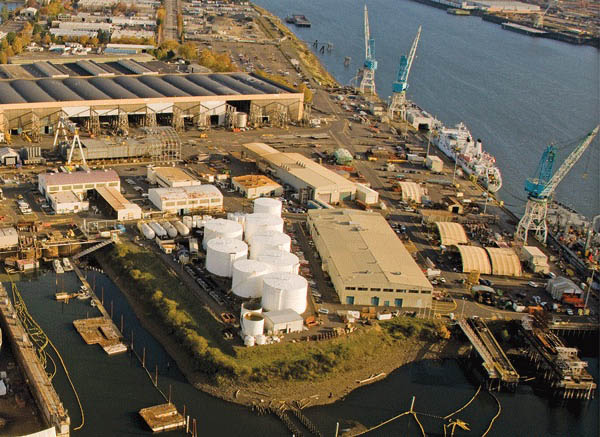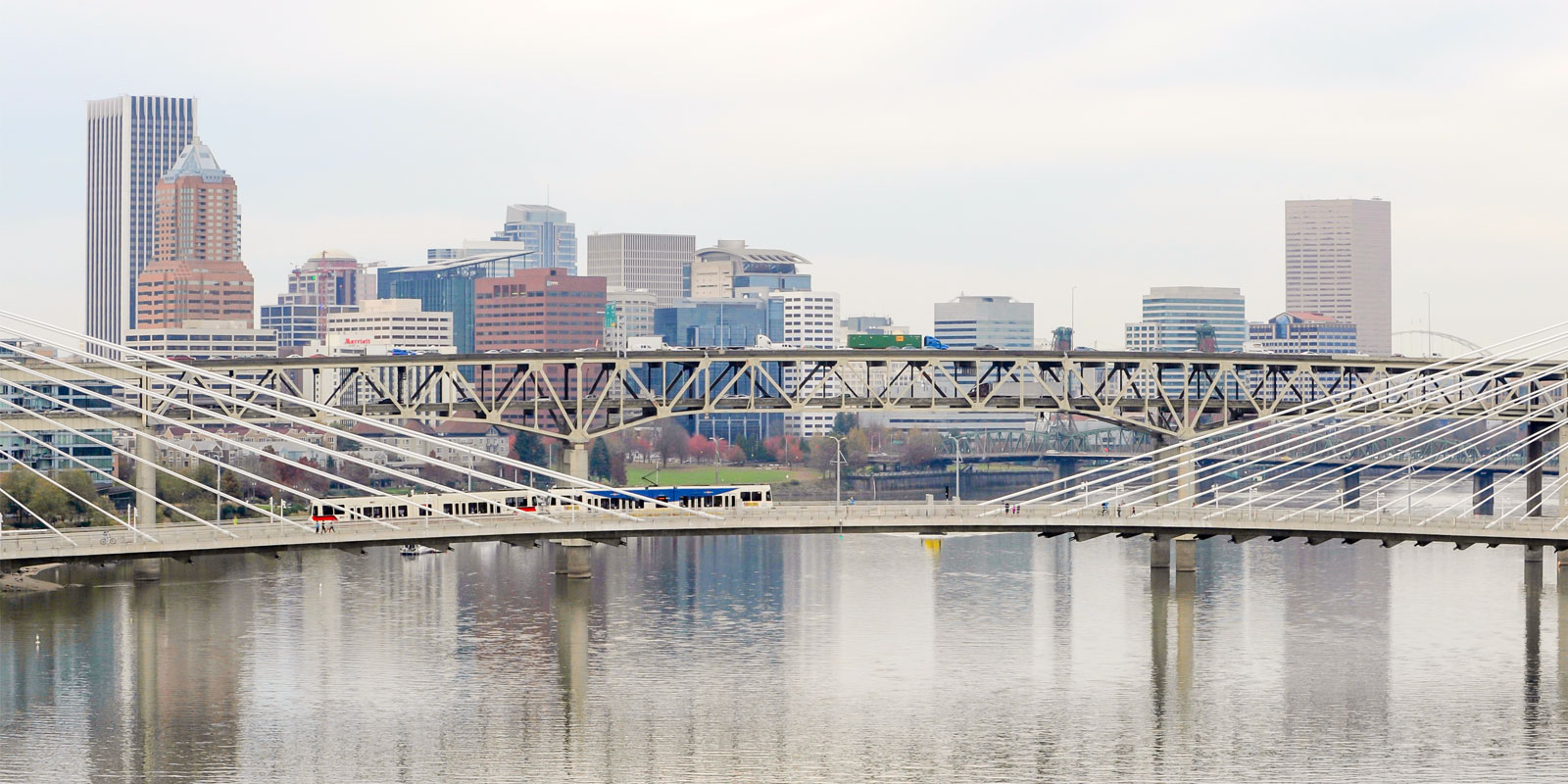
Introducing Our New Zine: A Dream Rezoned

Smart City PDX

Portland Clean Energy Fund
A Better Way Forward: Portland’s Climate Action

Restricting Fossil Fuel Infrastructure


Portland has addressed climate change for nearly 25 years and has steadily cut carbon emissions for more than a decade.
Since 2000, when local emissions peaked, Multnomah County’s emissions have consistently declined. Among other factors, these reductions are due to a combination of:
In 2014, total carbon emissions in Multnomah County were 21 percent below 1990 levels. Portland continues to significantly outperform national emissions, which are up 7 percent over 1990 levels.
The joint City of Portland and Multnomah County 2015 Climate Action Plan builds on Portland’s legacy of climate action. The Climate Action Plan provides a roadmap for the community to achieve an 80 percent reduction in carbon emissions by 2050, with an interim goal of a 40 percent reduction by 2030.
The Climate Action Plan identifies over 170 actions to be completed or significantly underway by 2020. The City of Portland and Multnomah County have been working systematically to implement these actions since adoption. Nearly all of the actions in the 2015 Climate Action Plan are already underway, with 142 (or 83 percent) of those actions on track for completion by 2020.




